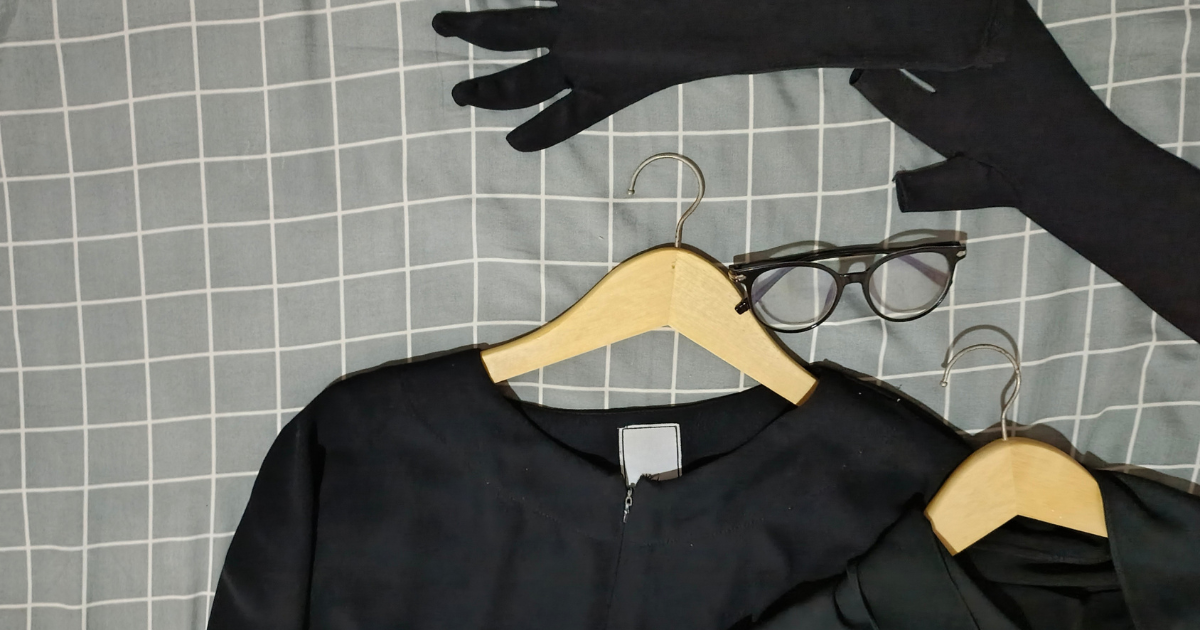Infant Death Sparks Outrage Over $50 Death Tax
 SEATTLE – Olivia Clark Lives One Hour, Taxed $50 for Death; King County Says It Needs the Money
SEATTLE – Olivia Clark Lives One Hour, Taxed $50 for Death; King County Says It Needs the Money
While you were busy living, the King County Medical Examiner’s office was quietly adding $50 to your tab for dying. As John Eric Rolfstad says of the cash-strapped county’s new death tax, “This is clearly a case of trying to balance the budget on the backs of the bereaved.” The executive director of People’s Memorial Association, which specializes in cremations, notes there was already a $50 tax on cremations, but as of January 1 the county extended it to burials as well. Among the first hit with the tax was a baby who lived merely one hour.
Tiny Olivia Clark was recently born at UW Medical Center, breathed for an hour, and passed away. Her family told KING-5 that Olivia was polycystic, preventing her lungs from developing. The baby’s parents, from Yakima, felt her short life was a miracle. Then came the bill with a tax that amounted to almost $1 for every minute she lived.
“There was a little line on there near the bottom of the bill that said ‘King County death tax: $50.’ And we looked at that, and looked at that, and looked at each other and said ‘What is that?’ Couldn’t believe that a little girl that lived for an hour has to pay a $50 tax,” said grandfather Larry Clark.
Funeral executive Rolfstad says in an e-mail that in 2008 the county began charging a $50 fee to review the cause of death in each case where the choice of disposition was cremation. The argument was that cremation destroys forensic evidence regarding cause of death, so these investigations need to occur prior to it. If buried, however, a body can be later exhumed if necessary. Now they’ve gone ahead and taxed those deaths even if no exhumation is needed.
The cremation tax generated more than $400,000 for the county in 2009. Adding $50 to the generally 3,000 or so expected to die and be buried this year will raise another $150,000.
The ME’s office, which is forced to cut the equivalent of 4.5 death examiners from its tightened budget, says the tax is not an unnecessary revenue raiser, but is needed to underwrite the cost of death investigations.
“The reason we do that is to make sure no one goes to the crematorium or to their grave without society and the family knowing exactly how their loved one died,” says Gareth Johnson, King County Prevention Division Manager.
Nonetheless, says grandfather Larry, “Every time I turn around the county appears to be nickel-and-diming us, putting a tax on this and a tax on that. Where does it end?” In this case, with death. At least it’s a one-time fee.



